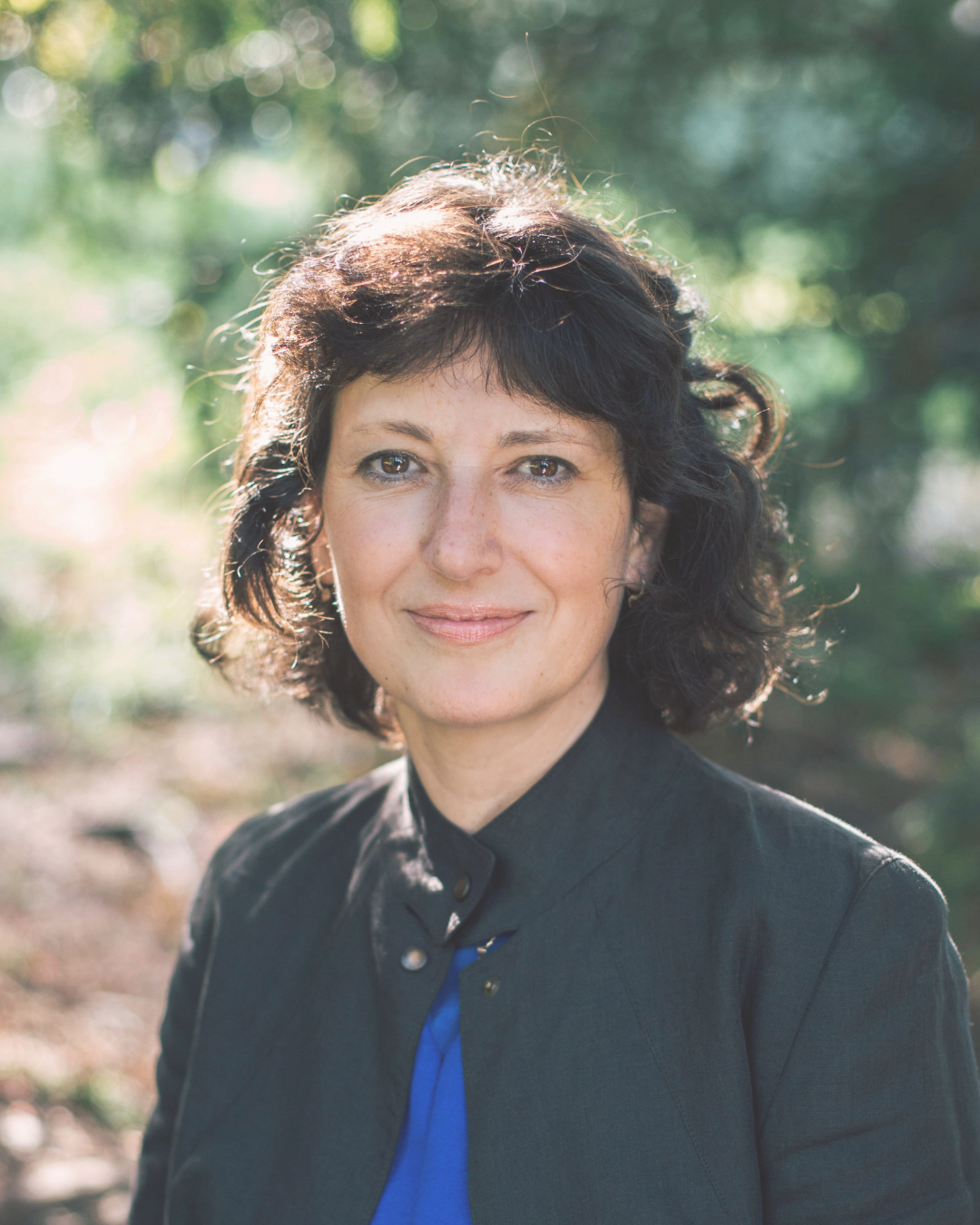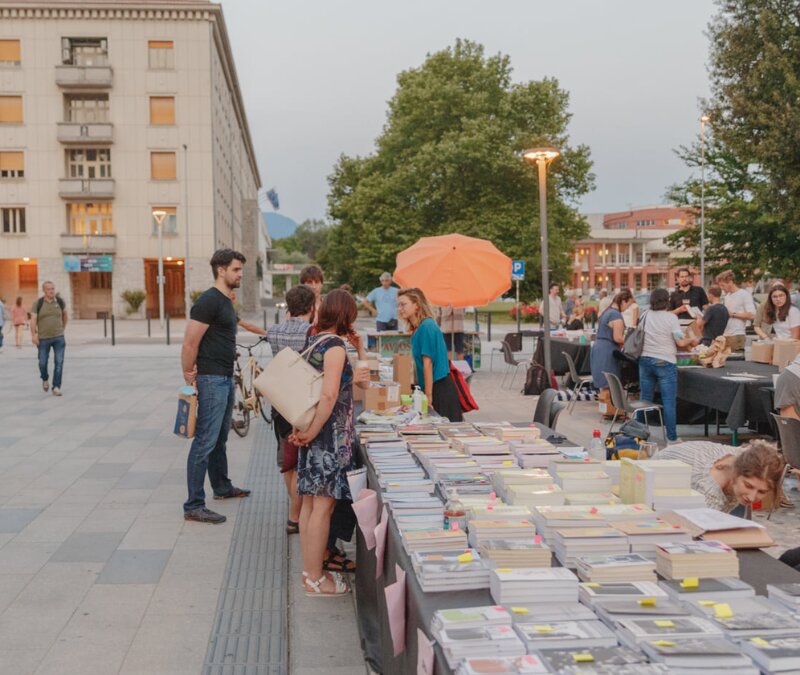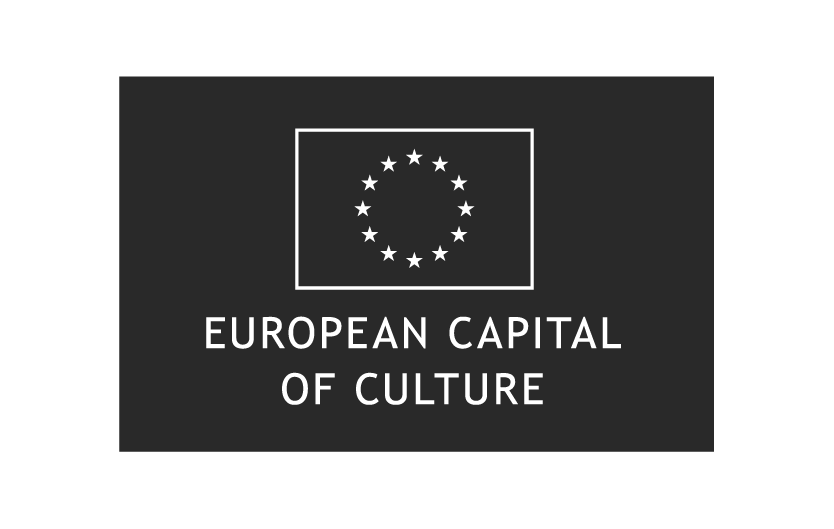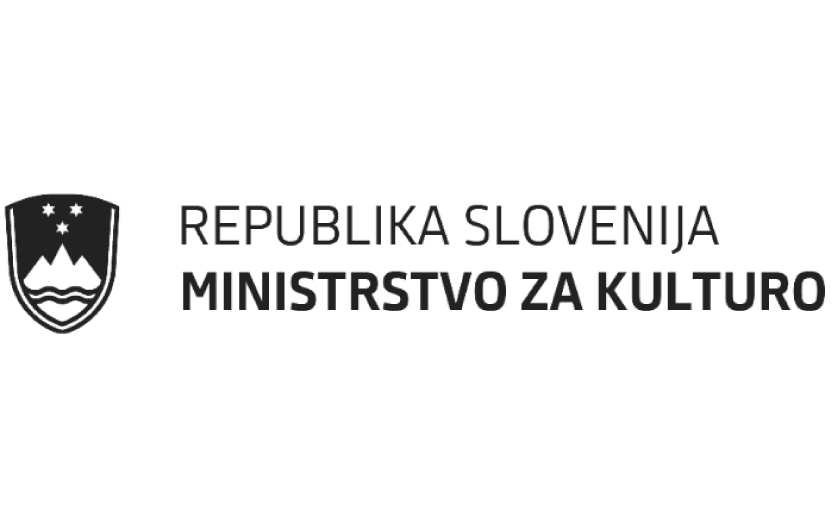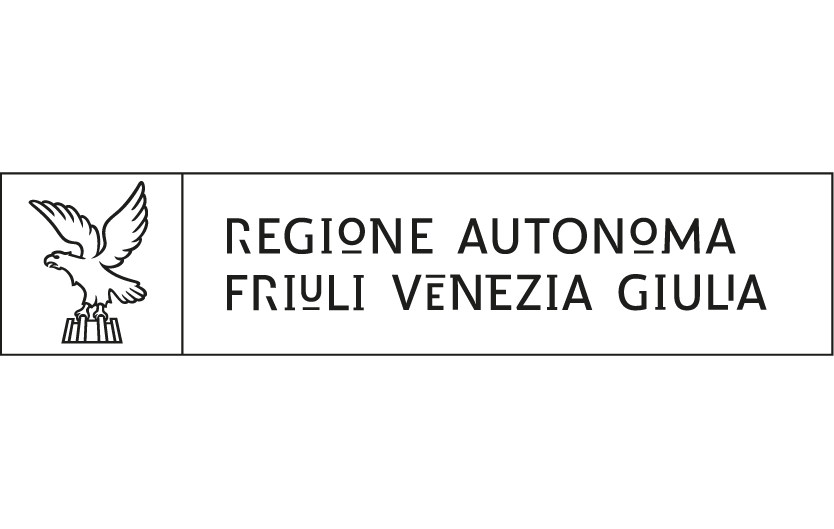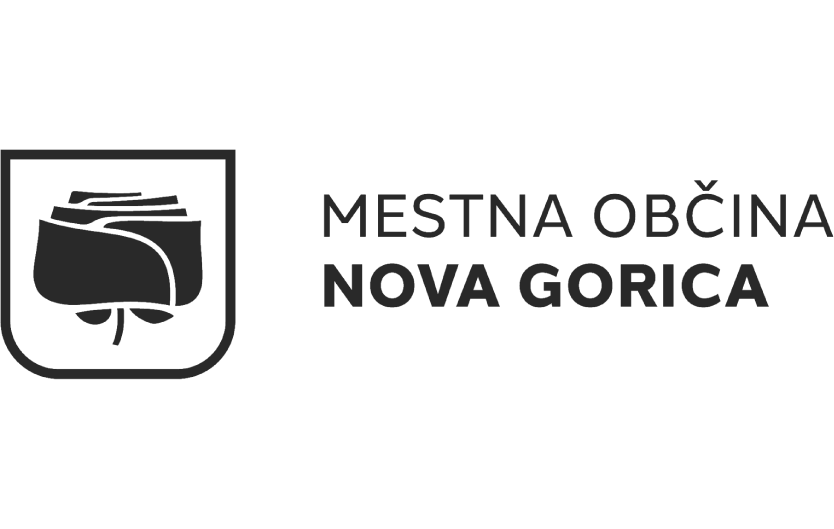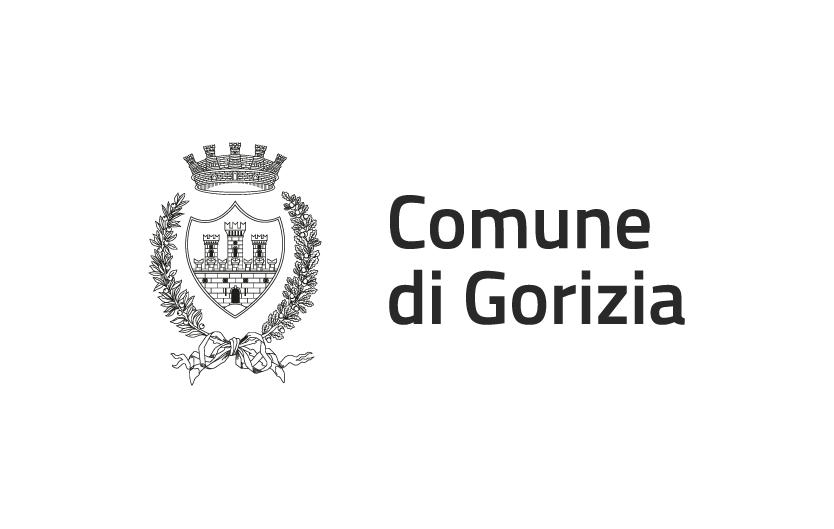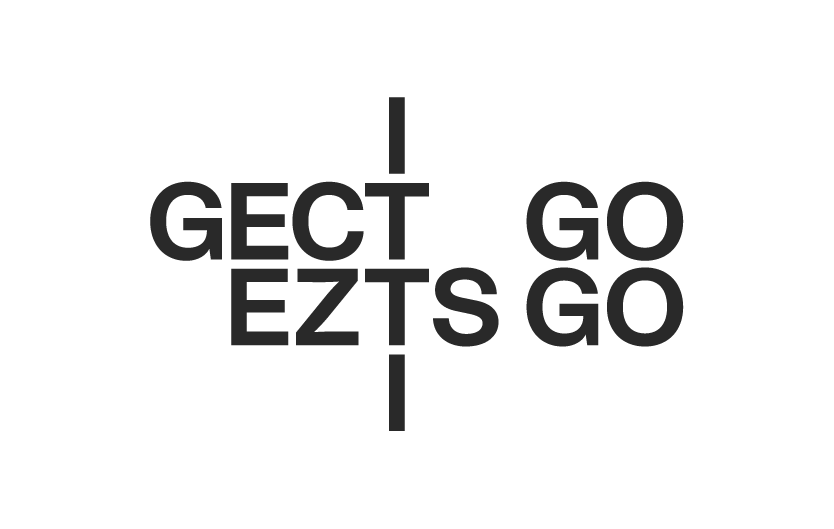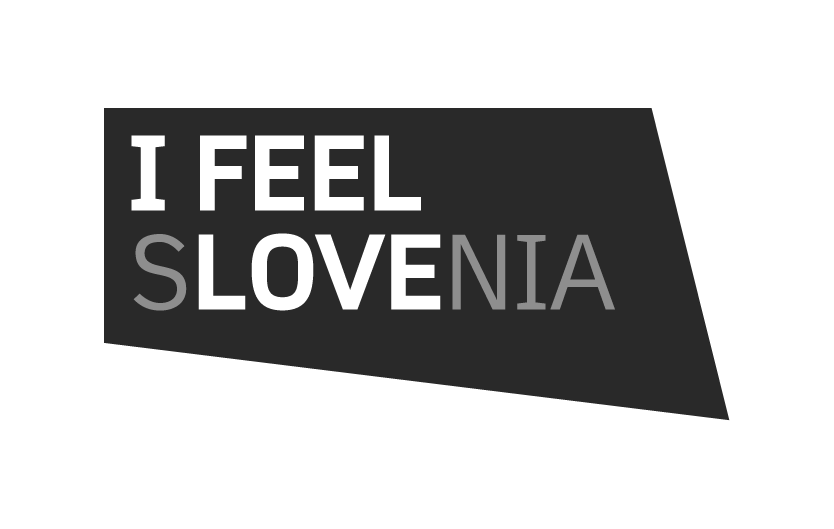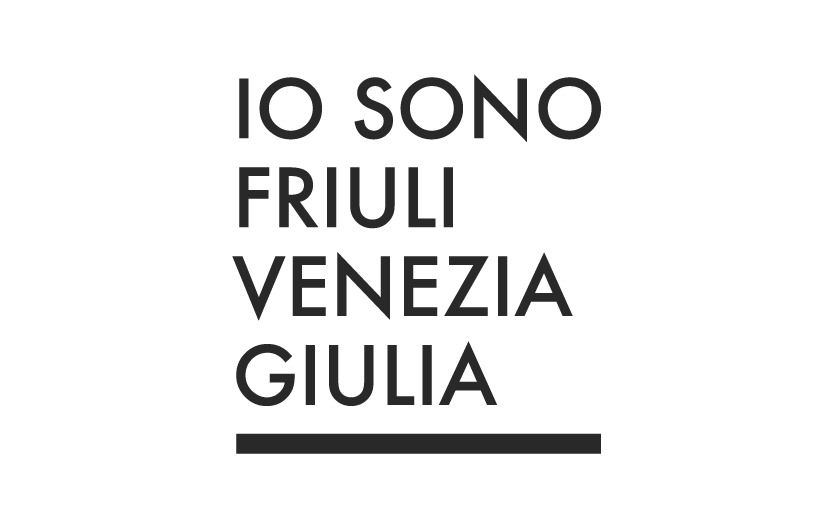Kapka Kassabova is a poet and writer who explores the impact of history, geography, and borders on individual lives, particularly in the Balkans.
The writer and poet Kapka Kassabova, born in 1973, spent her childhood in Bulgaria. In 1992, she moved with her family to New Zealand, and in 2005 to Scotland. In her works, she explores the relationships between places and people, geopolitical peripheries, and the intersections and crossroads of cultures—most often in the Balkans.
Her Balkan quartet, which includes Meja (Border): translated into Slovenian by Beletrina in 2024, To the Lake: A Balkan Journey of War and Peace, Elixir, and Anima, represents a polyphonic exploration of the human experience through geography, history, ecology, and psychology. The first two books are particularly focused on borders and their consequences. In the widely acclaimed and critically praised Border, the author delves into the history and life of the tri-border area where Bulgaria, Greece, and Turkey meet. In To the Lake, she returns to Lake Prespa and Lake Ohrid—the lakes of her ancestors—shared by North Macedonia, Albania, and Greece.
In addition to nine prose works, for which she has received numerous awards, she has also published four poetry collections and regularly contributes to newspapers and journals such as The Guardian and The Times Literary Supplement. Her works have been translated into more than twenty languages.
"A strictly controlled border is always violent: here, power suddenly acquires a body—if not a human face—and an ideology. One of the most obvious border ideologies is nationalism: the idea that a border exists to separate one nation-state from another. Yet an even more insidious ideology in practice is centralism: the belief that a center of power can issue commands from a distance with impunity and sacrifice the periphery; that what lies beyond the center’s field of vision is erased from memory. Borderlands are always periphery, always beyond the center’s line of sight."
— Kapka Kassabova, Border (Beletrina, 2024; translation by Petra Meterc)
